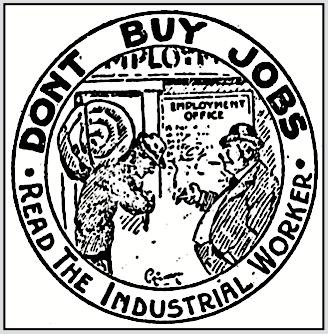 ———-
———-
Hellraisers Journal – Monday March 14, 1910
Spokane, Washington – Spokane Free Speech Fight Settled
From the Industrial Worker of March 12, 1910:
Spokane Fight for Free Speech Settled
—–
Spokane, Wash, March 6, 1910.—At last the great Spokane battle has been brought to a close. This was effected through the instrumentality of a series of conferences between the city and county officials and an I. W. W. committee. The following is an account of the various conferences and the conclusions arrived at by the contestants in this long battle.
On February 28th “the executive or fighting committee” of the I. W. W. elected a committee of three—Fellow Workers Gillespie, McKelvey, and Foster—and commissioned them to call on the authorities and discuss the situation before opening hostilities on the morrow. This interview terminated in practically a declaration of war on both sides, as the mayor seemed to think the only possible solution of the difficulty was to test the ordinance in the court. He frankly stated that he did not endorse a prohibitive or discriminatory ordinance, but said he had no other choice than to enforce the laws already on the books. He professed willingness to treat on the matter, but claimed lack of jurisdiction. This was considered unfavorable by the committee, and the mayor was told that the fight must continue until the I. W. W. was crushed or free speech assured.
Next day the committee, enlarged by the addition of Fellow Worker Stark, called on the police department, where a general conference was held. The authorities showed a willingness to reasonably consider the situation and asked for specific credentials from the committee, which would show their authority to talk business. These credentials were secured, and on March 3rd the general conference met. The city and county were represented by Mayor Pratt, Prosecuting Attorney Pugh, Corporation Counsel Blair, Chief of Police Sullivan, and Captain Detective Burns. The I. W. W. were represented by Fellow Workers Stark, McKelvey, Gillespie, and Foster.
The conference took on the nature of demands by the I. W. W. These were four in number: First, the promise that landlords would not be intimidated into refusing the rent of halls to the I. W. W. as had been done during the last few months of the fight, and that I. W. W. meetings be absolutely free from police interference, provided, of course, that we kept within the common rules; in short, hall conditions were to be the same as those prior to November 2. Second, freedom of the press and the right to sell the Industrial Worker on the street just as other newspapers are. Third, the release of I. W. W. prisoners in the city and county jails. Fourth, the use of the streets for public speaking.
The first two propositions were granted after but slight discussion. The third proposition was very closely related to the fourth, and after a very unsatisfactory discussion of it the committees turned to the fourth so as to find out how they stood on that. The mayor, corporation counsel, etc., assured the I. W. W. committee that free speech is to be allowed in Spokane in the near future, and though no date was or could be set for this new arrangement to take effect, they were positively assured that it will be in a short while. And meanwhile the regular religious organizations will not be discriminated in favor of, but must await the time when the streets are open to all.
With this proposition established as a working basis, the conference again took up the matter of the release of prisoners, which was a delicate one to handle. Prosecutor Pugh professed to have no animosity against any of the prisoners, but stated that it is impossible to release them all at once. It was agreed that the city prisoners (some 15 in number) should be immediately released, and the county prisoners (14 in number) released on a sliding scale, to begin immediately, without discrimination.

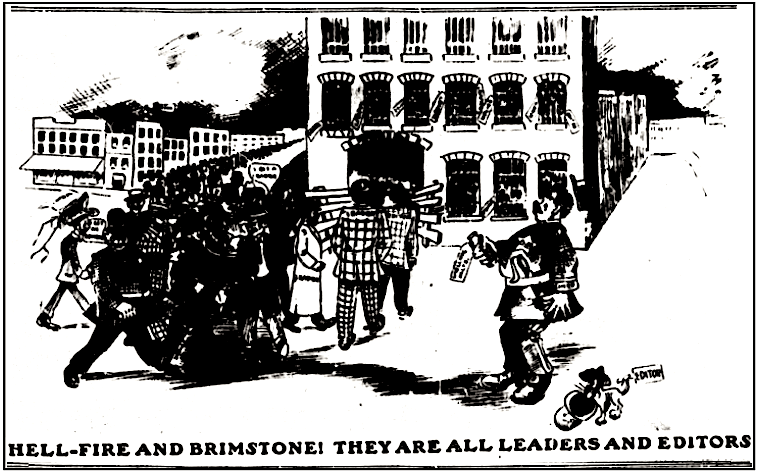
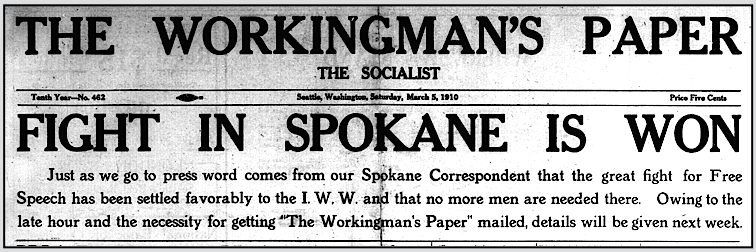
 ———-
———-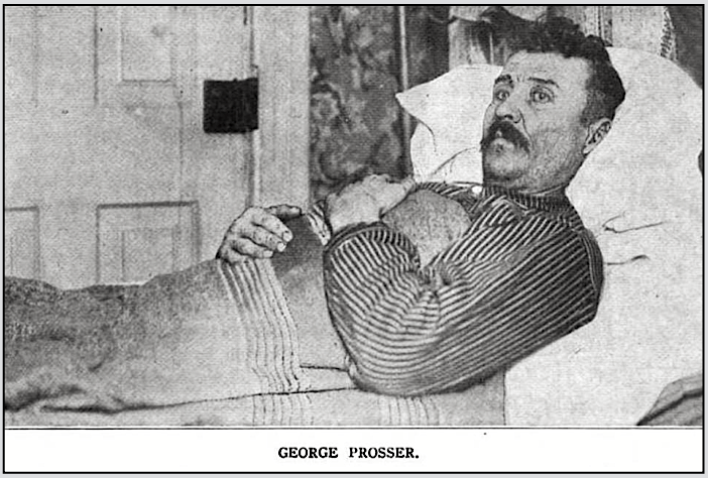
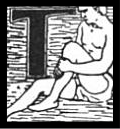 HE agitation of the I. W. W. and free speech fight in Spokane, Washington, if it brought no other effects has been valuable in that it has forced the officials to take action against the employment agencies. In the beginning of the difficulty they were admitted by Judge Mann to be the cause of all the trouble. Since that time Mayor Pratt has frankly admitted refunding thousands of dollars to working-men who had been sold fictitious jobs by the employment agencies. There were about thirty-one in the city of Spokane but the licenses of all but twelve of these were revoked.
HE agitation of the I. W. W. and free speech fight in Spokane, Washington, if it brought no other effects has been valuable in that it has forced the officials to take action against the employment agencies. In the beginning of the difficulty they were admitted by Judge Mann to be the cause of all the trouble. Since that time Mayor Pratt has frankly admitted refunding thousands of dollars to working-men who had been sold fictitious jobs by the employment agencies. There were about thirty-one in the city of Spokane but the licenses of all but twelve of these were revoked.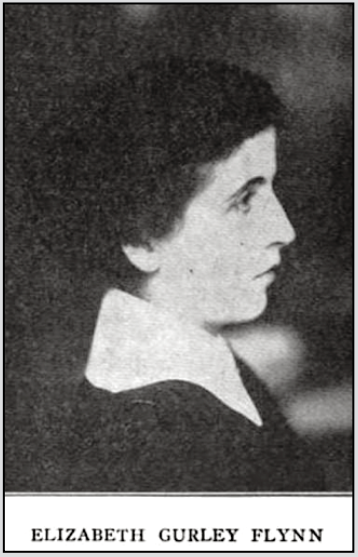

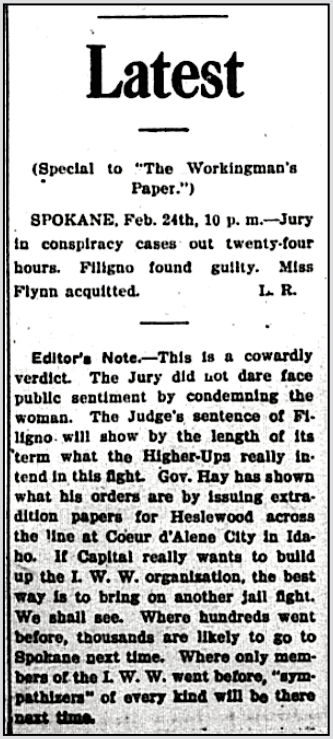
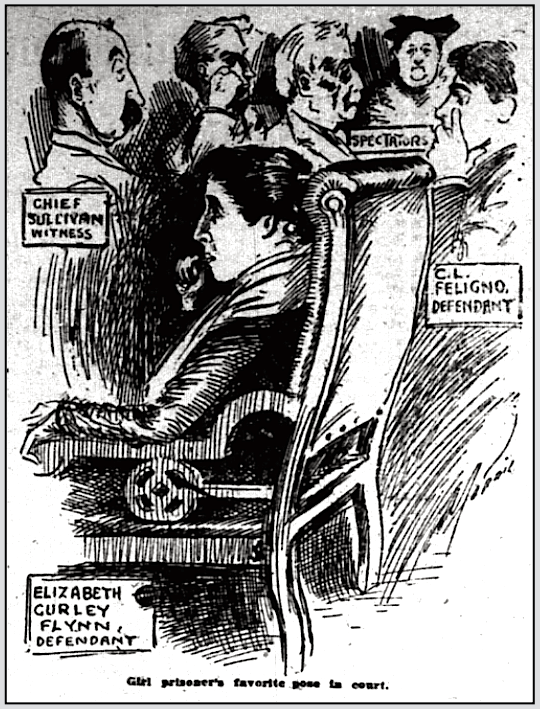
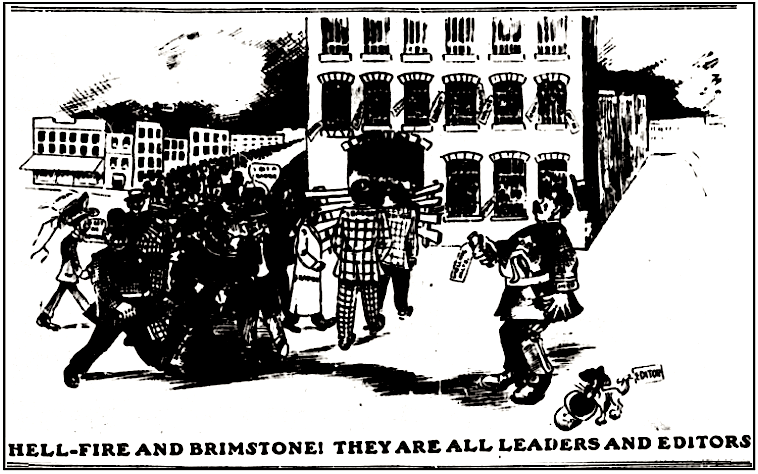
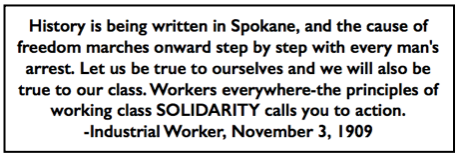 ———-
———-